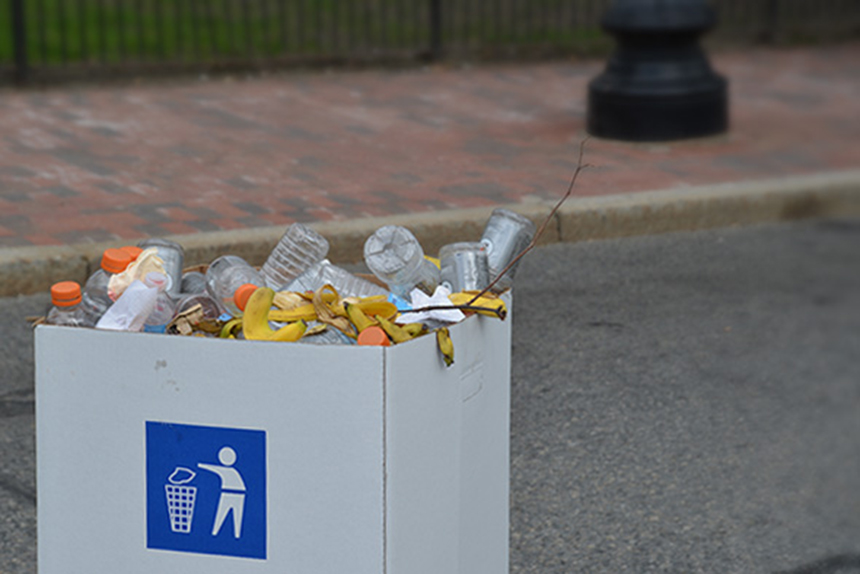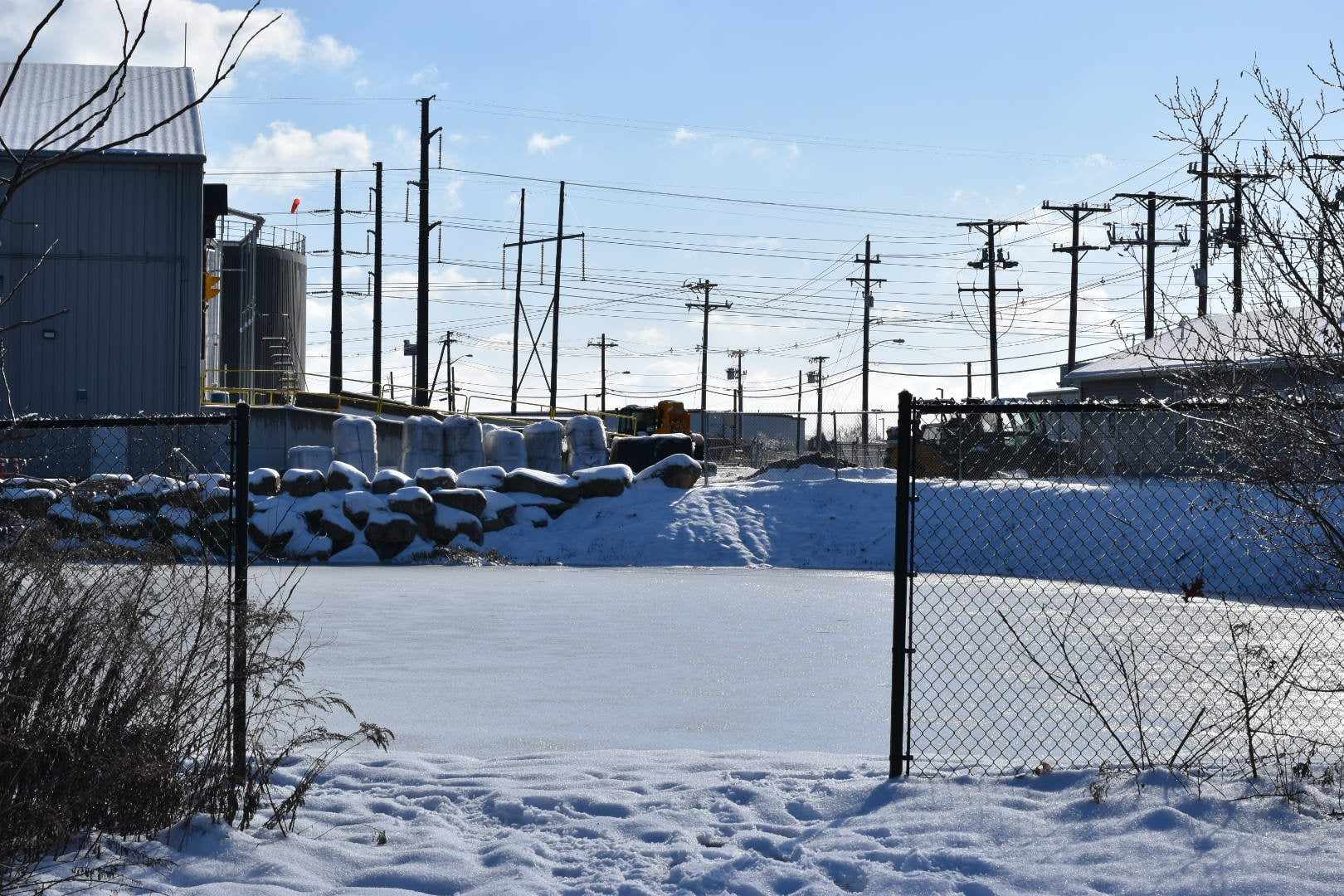Conference Turns Up the Heat for Compost
March 23, 2013
PROVIDENCE — The annual Rhode Island Compost Conference & Trade Show delivered hope and even progress in efforts to bring composting to the masses.
The most tangible step forward is a plan for a pilot residential food-scrap collection at community gardens and urban farms. Sheila Dormody, the city’s director of sustainability, will direct the project. Twenty-five residents will participate in the first of a series of hub-based programs focused on low-income neighborhoods.
On a larger scale, energy-producing, commercial anaerobic digester projects are progressing in Johnston and North Kingstown.
Johnson & Wales University, the host the March 22 symposium, has invested in two food digesters to reduce the high volume of food scrap the culinary school sends to the landfill.
“We recognize, at some point, it’s going to become a mandate so we have to start something,” said Robert Ross, associate professor at the university.
Ross touched on a theme from the conference: Rhode Island is poised to join the legislative movement to remove food scrap from the waste stream, just as Massachusetts and Connecticut have done.
Michael OConnell, director of the Rhode Island Resource Recovery Corporation, which manages the Central Landfill in Johnston, declared that the state’s “third rail” of waste diversion — tipping fees — should be increased to encourage composting of the 100,000 or so tons of food scrap that gets buried annually in the state landfill.
“At some point a sacred cow needs to get slayed,” he said. His admission received applause from the audience. It echoed a belief that the state’s artificially low tipping fees hinder any financial incentive for a large-scale composting system.
For more the 20 years, Rhode Island cities and towns have been paying $32 a ton to dump waste at the Central Landfill. OConnell admitted the fee was below market rates. But the fee, which is set by the General Assembly, could be politically difficult to increase.
Tipping fees are market-based in Massachusetts, where they are considerably higher. Keynote speaker Gretel Clark, of Hamilton, Mass., explained how a $72 tipping fee helped launch a grassroots campaign to start a town-wide municipal compost collection program — the first in New England — in her hometown. “What’s driving our program is the cost, not the environmental impacts,” Clark said.
But the results of diverting food scrap from the dump delighted the 160-plus audience of farmers and environmentalists who know the satisfaction of composting.
Clark noted that the program, which included pay-as-you-throw incentives, has cut the town’s waste stream by 40 percent. The average annual household waste dropped from more than 1 ton to less than half a ton, she said. Other Massachusetts communities are copying Hamilton’s compost program.
Rhode Island compost guru Mike Merner — owner of the state’s only large-scale compost facility, Earth Care Farm in Charlestown — urged that laws shouldn’t drive efforts to compost. Mandates, he said, cause people to be careless with food scrap and mix it with trash.
The first step, he said, is to stop calling food scrap waste. “It’s not waste. These are organic resources,” he said. Holding a plastic bucket, he added, a countertop pail is all that’s needed to launch the compost movement in Rhode Island. “That’s all there is to it. It’s a simple solution.”
Conference organizer Greg Gerritt, of the Environment Council of Rhode Island, said, “I feel there is progress. It’s happening.”
Conference tidbits
• By the end of 2013, the state Department of Environmental Management (DEM) is expected to expand the volume of compost residents and other smaller-scale operations can manage on site. The current limit is 3 cubic yards.
• Ken Ayars, head of the state Division of Agriculture, noted that compost is important to Rhode Island’s growing agricultural movement, especially as property is valued for development instead of growing food.
• Michael Bradlee, founder of Earth Appliance, offers consulting and composting services for restaurants. First-time compost projects of all sizes encounter the same objections, he said. “The first people that will respond to it will be the ones who don’t like it and they will be the loudest.” Complainers should be brought into the project. Any early participants will help smooth the transition, he said.
Categories
Join the Discussion
View CommentsYour support keeps our reporters on the environmental beat.
Reader support is at the core of our nonprofit news model. Together, we can keep the environment in the headlines.
We use cookies to improve your experience and deliver personalized content. View Cookie Settings



